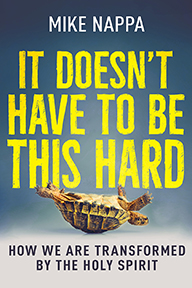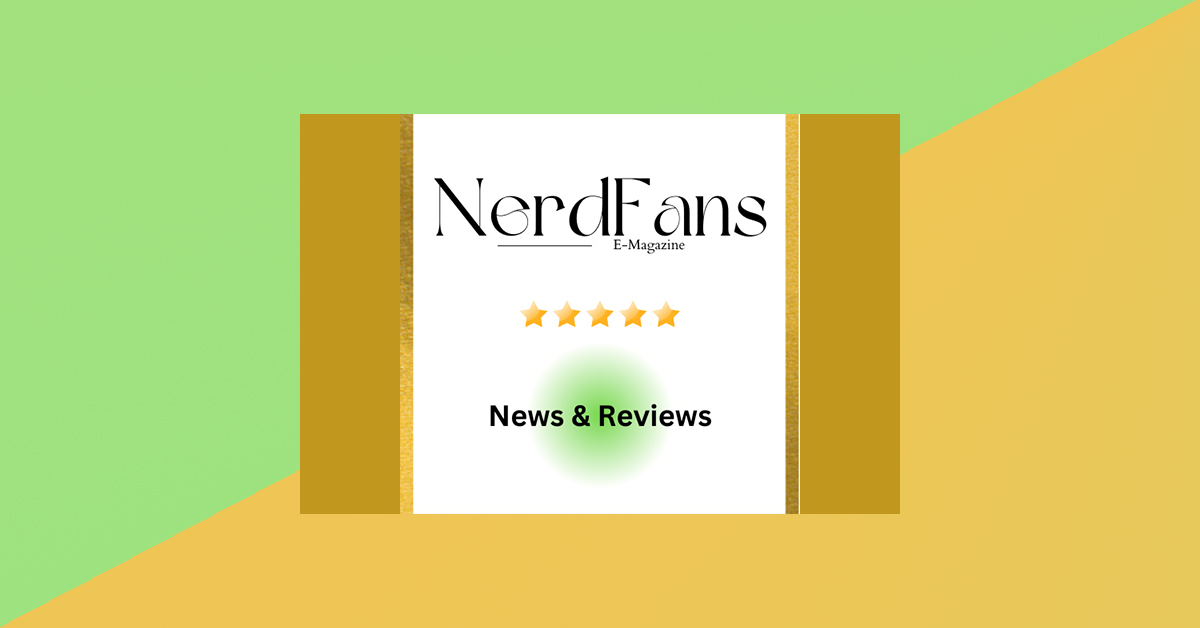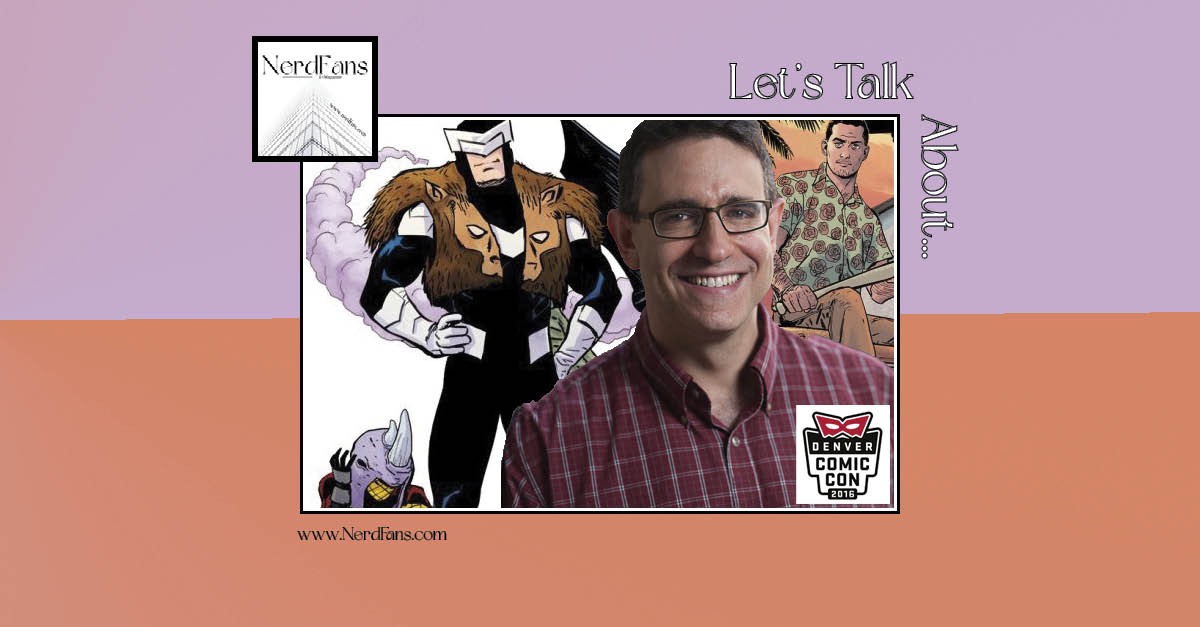A Marketing Team reason for rejection
What we’re talking about here is commonly referred to as “author platform.” That is, the author’s unique ability to spread the word about his or her upcoming book.
Best friends with Oprah Winfrey and can promise she’ll mention your book on TV? No problem. You’ll get published. Have your own national radio show on NPR or KIIS FM? My Marketing VP is going to love you. Built a blog readership that pulls in hundreds of thousands of people every month? OK, we can work with that.
Got none of the above (like most of us in the rest of the world)? Well, you’re going to have a tough time getting published.
Over the past two decades, the publishing industry has constricted, readership of traditional books has either gone flat or gone into decline. Thousands of bookstores nationwide have shut down, and the rise of the Internet has made it easy to steal entire works with the click of a mouse. (Hey, why spend $25 on a hardcover book when you can just copy the text off an obscure website?) All these factors and more have made it harder for traditional publishers to find the same kinds of success they used to take for granted. The result has been across-the-board cost cutting and only targeted promotion of perceived “higher profile” books. That means today’s book marketing team faces shrinking or nonexistent budgets, tougher markets, and more pressure to perform.
In many marketers’ minds, that situation has been translated to mean that the author must now bear the primary responsibility for promoting his or her book.
Is that expectation fair? Absolutely not. The author’s responsibility should be solely to create a wonderful book that people will want to read (an extremely time-consuming job all by itself!). And besides, if you honestly have the ability to showcase your book on Oprah or some other widely-known marketing channel, then you don’t need a publisher. You can just self-publish, and let your pal O do the rest for you.
Ah, but publishing has never claimed to be a “fair” industry. It rewards only the strong, only those who can stay viable in the marketplace. So, even though it’s not fair—and can occasionally be downright harmful for the industry—your book will often be rejected simply because the Marketing VP doesn’t see a legitimate way for you to do the marketing team’s work of promoting your book to the world.
Lack of platform, unfortunately, is by far the second-most common reason why a book is rejected (see Reason #1 for the first). Platform is a must for today’s professional author; ignore this fact to your own peril.
What You Can Do About It
1. Invest time building an author platform.
This is hard for those who have dedicated themselves to a lot of the principles I outlined in the first section of this book. Why? Because instead of spending your time to hone your craft and create works of art on a written page, you’ve now got to split your time between writing and platform-building. (Who knew a writer would be required to become a marketing professional?)
Still, we work within the situations we’ve been given, right? So the best way to build an author platform is to look for opportunities to combine your content writing with platform channels that are a natural expression of your work. For instance, if you write parenting books, you might try to place a parenting column in your local newspaper or in a national magazine. Then you can assume that the writing you do to reach the masses with your column will also be one day usable for a book that compiles those columns. But, of course, getting a newspaper or national magazine column is easier said than done.
At any rate, here are a few platform-building channels you can pursue in your spare time:
- high-traffic websites (try to become a content provider for some of these);
- high-traffic blogs;
- local newspapers;
- regional and national magazines;
- local, regional, and national radio programs;
- local, regional, and national television programs;
- political affiliations;
- national association publications;
- national speaking careers.
Basically, any organization or publication that allows you to tell thousands and thousands of people about your new book will be welcome in the publishing board meeting, so look for opportunities to connect with those kinds of organizations/publications.
2. Network, Network, Network.
The more people you know, the more favors you can call in when your book releases. Hey, if you really do get into Oprah Winfrey’s network of friends and/or colleagues, that makes a difference. If you meet Stephen King at a writer’s conference and you two hit it off to the point of exchanging email addresses, that might turn into a high-profile endorsement for your next novel. Maybe a college student that’s your Facebook friend will start interning for Jimmy Fallon. That connection could evolve into a guest spot on late night TV—you never know.
So be someone who collects business cards, who stays in touch with entertainment industry colleagues, who stays in the good graces of people who know people. That kind of thing extends your platform and promote-ability, so make it a priority in your writing career.
3. Study DIY Marketing and Publicity Strategies.
Last, but not least, remember that you don’t have to be helpless when it comes to promoting your book. If you know how to reach 85,000 people with your own press release, or if you know how to take advantage of low-investment, high-exposure marketing channels, or even how to start a whisper campaign on the streets of New York City, that means something to a Marketing VP. So hit your local library and carry home a stack of books on do-it-yourself marketing and publicity. Identify the strategies that seem feasible for you, and include a promise to implement them (along with the number of people you expect to reach) in your book proposal.
If you can market your book successfully through your own author platform, you become a valuable commodity to a Marketing VP—and you get one step closer to getting that VP’s vote during the publishing board meeting.
Looking for more? Check out these links:









